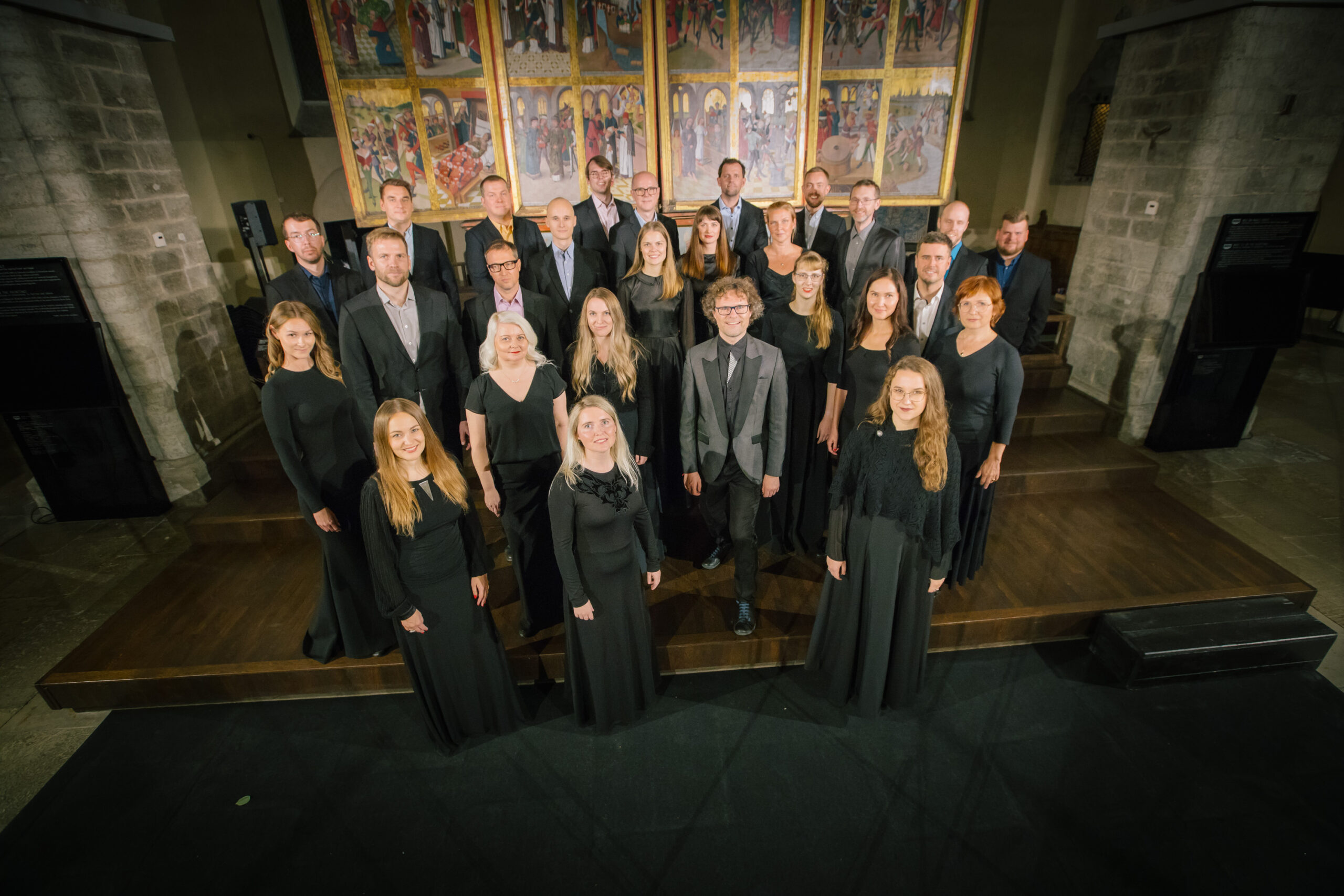Uuendame oma kodulehte
Koduleht on peagi saadaval. Täname kannatlikkuse eest!
Seniks kuni oleme kodulehe uuendused valmis saanud külastage meie FB lehte
https://www.facebook.com/choircollegium

Koduleht on peagi saadaval. Täname kannatlikkuse eest!
Seniks kuni oleme kodulehe uuendused valmis saanud külastage meie FB lehte
https://www.facebook.com/choircollegium
